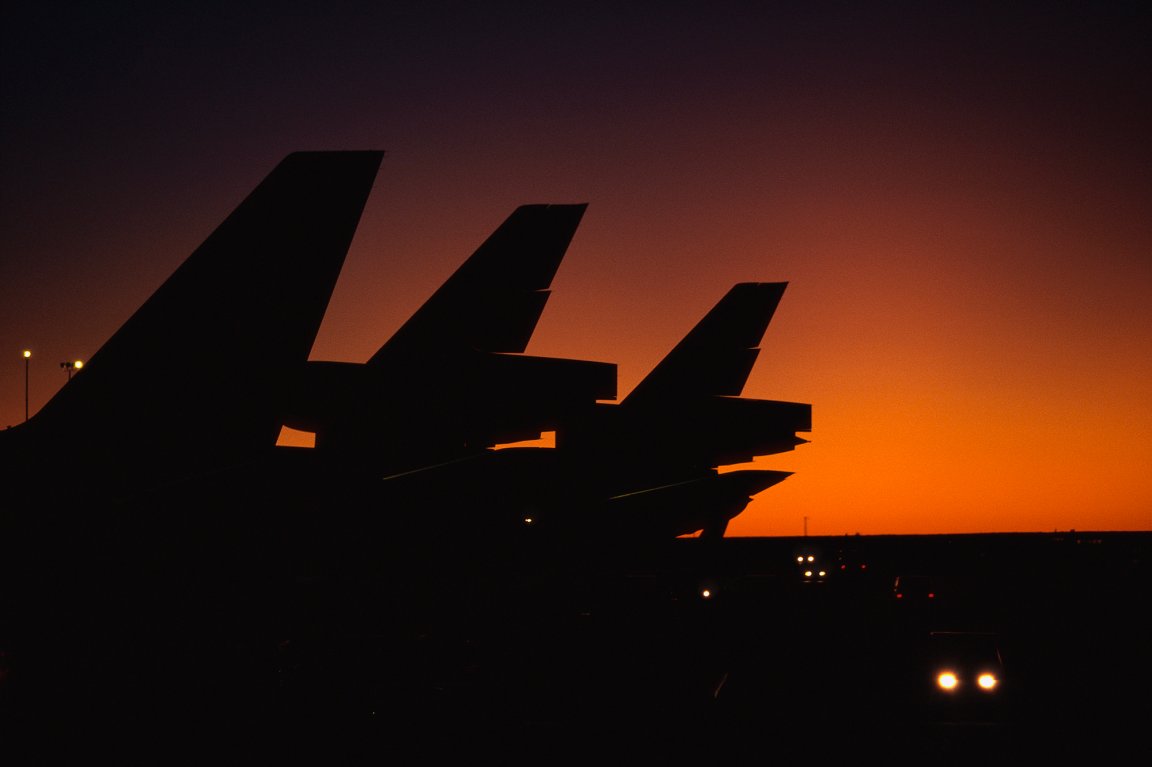
Y Combinator’s Demo Day is a time when startups get to present their ideas to investors, an audience that can actually fund these big dreams. In a gathering of people with so many smart ideas, there’s bound to be some that are more futuristic than others. Or better still, some ideas soar above the rest — literally, in the case of Wright Electric.
At the second day of Demo Day W17, this one-year-old startup presented a bold idea that can change future of passenger planes. “This is one of best hard tech teams I’ve seen” said Michael Seibel, who heads Y Combinator’s accelerator program, in an interview with TechCrunch.

Wright Electric’s idea is for a commercial passenger airplane that’s battery-powered. Designed for flights under 480 km (300 miles), the electric plane can seat 150 people and is designed to disrupt the Boeing 737 market. To put its design on the air, Wright Electric has partnered with budget British airline EasyJet. It also hired a team that had been previously funded by NASA to figure out just how possible electric planes are. Working with all these people has put Wright Electric ahead of its competition, according to co-founder Jeff Engler.
“Our aero team has decades of experience in aircraft design, electric planes, and certification. Our battery team has decades of experience in battery design, battery manufacturing, and early stage startup R&D,” Engler wrote in a blog post. “This is just about the best group of people one could imagine embarking on a such a journey.”
The Wright One
At their Demo Day presentation, the ambitious startup was able to show off their electric plane — aptly named the Wright One — in the parking lot. Though limited to just short-haul trips, it’s still going to disrupt a sizable market. According to Engler’s estimations, short-haul trips represent about 30 percent of all flights and 50 percent of regional flights. Also, these flights make up a $26 billion market. For reference, Airbus and Boeing sold 967 “narrow body” planes in 2016, Engler wrote in a blog post.
A fully-electric Wright One depends on developments in battery technology in the next decade or so. “If batteries don’t get dramatically better in the next decade, we design our plane as a hybrid with electric motors, like a [Chevrolet] Volt,” Engler wrote in a blog post. “It still has great cost savings as compared to today’s planes, and it doesn’t require massive battery advances.”
The Wright One would drastically decrease consumption of by planes, whether it becomes a fully electric model or a hybrid one. Currently, a 10-hour international flight consumes 50,000 liters (36,000 gallons) of fuel. A Boeing 747, which is a bigger plane meant for long-haul flights, can burn roughly 12 liters of fuel per kilometer (5 gallons per mile).
There’s a long way to go before their electric plane finds itself on a runway. But, the potential it presents to cut down on fossil fuels makes the Wright One a flight worth waiting for.